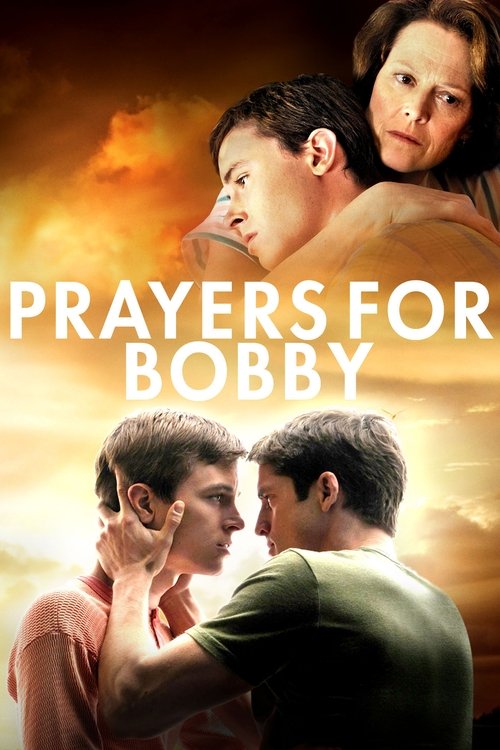
Title: Prayers for Bobby
Year: 2009
Director: Russell Mulcahy
Writer:
Cast: Ryan Kelley (Bobby Griffith), Sigourney Weaver (Mary Griffith), Henry Czerny (Robert Griffith), Dan Butler (Reverend Whitsell), Austin Nichols (Ed Griffith),
Runtime: 89 min.
Synopsis: Bobby Griffith was his mother's favorite son, the perfect all-American boy growing up under deeply religious influences in Walnut Creek, California. Bobby was also gay. Struggling with a conflict no one knew of, much less understood, Bobby finally came out to his family.
Rating: 8.06/10